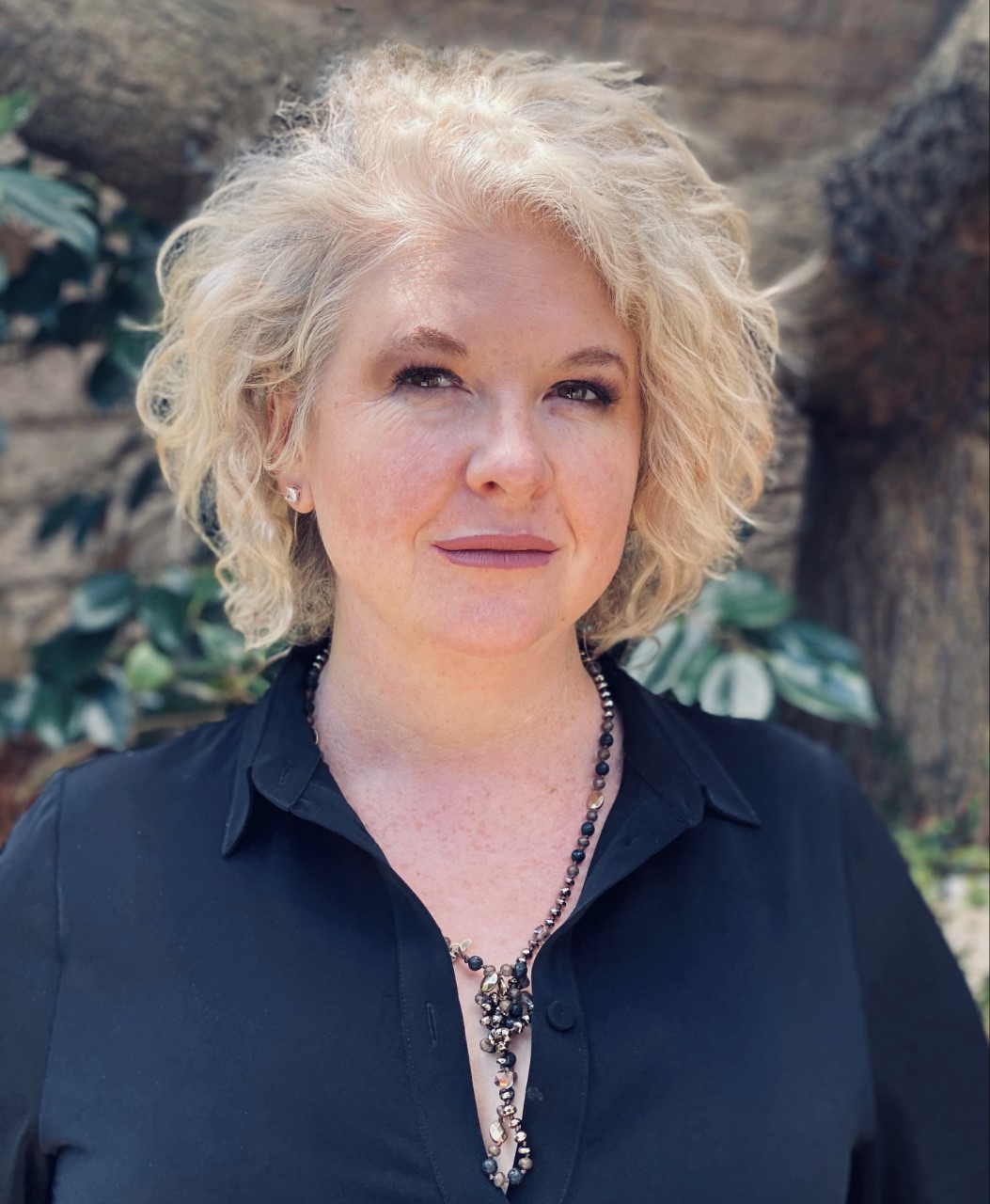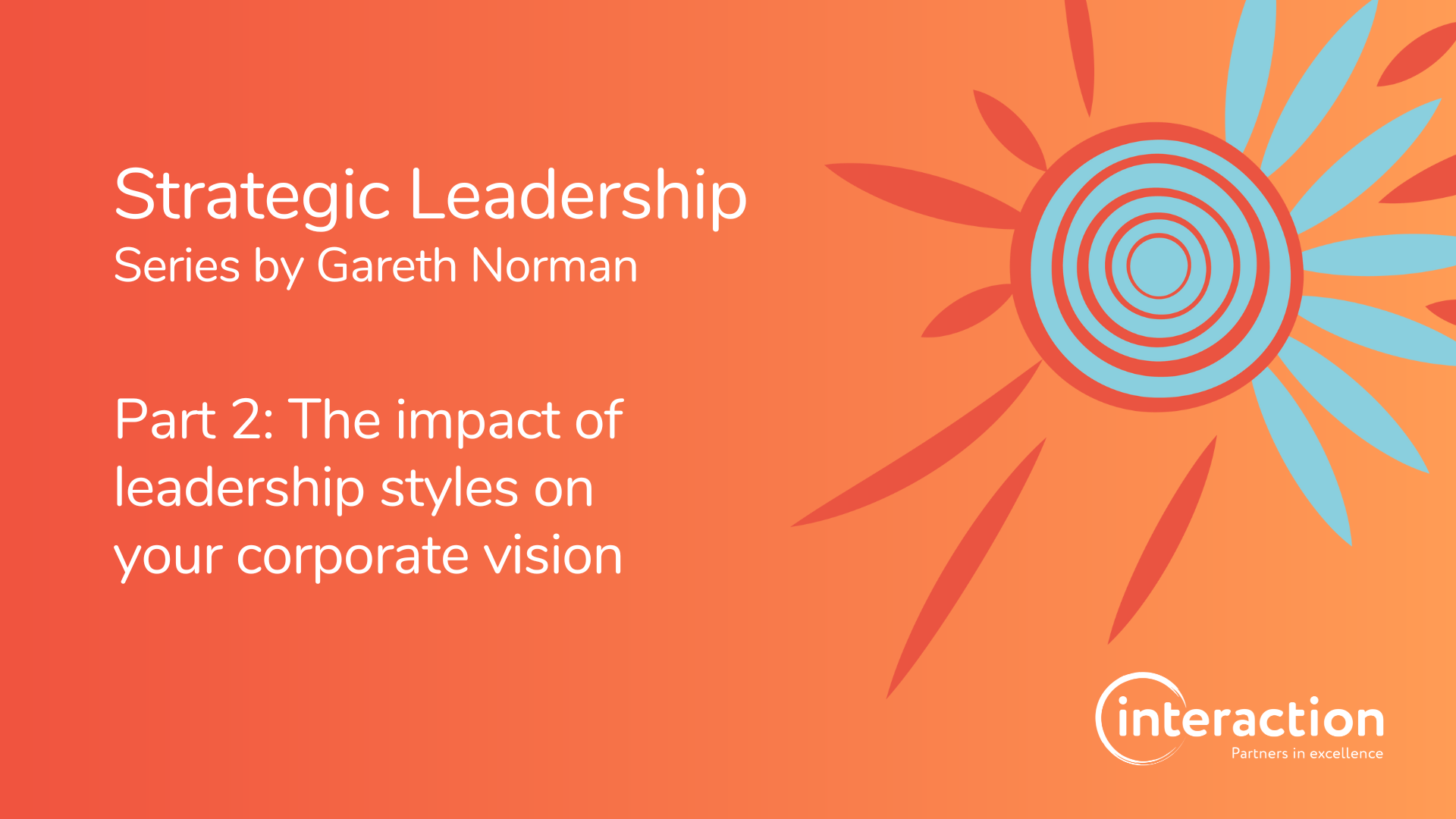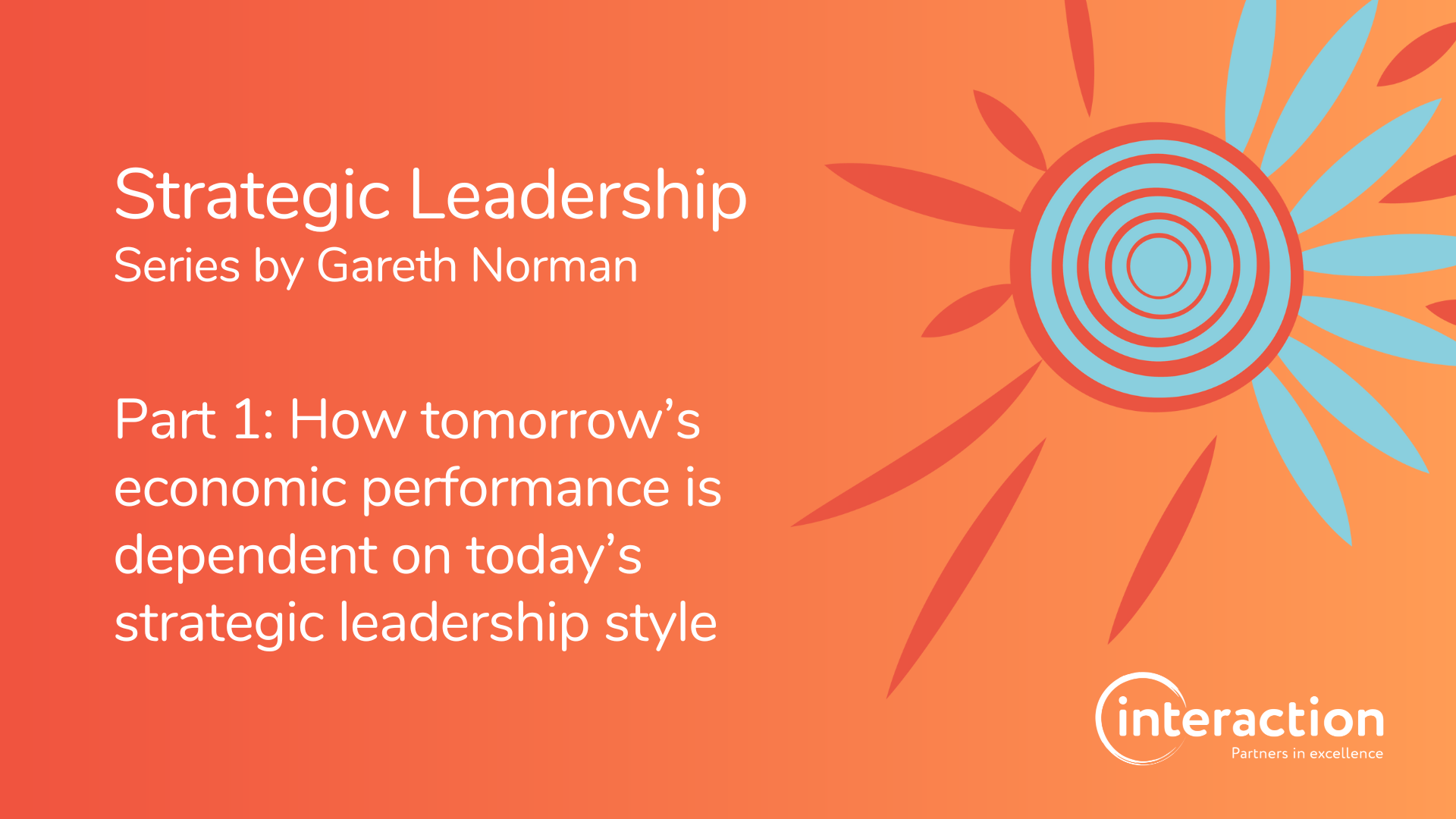
As a coach, I often hear the word ‘should’. As in, “I should be better”, “I really should do that”, and “I should focus on my wellbeing”. When I ask what ‘should’ really means, it is often a signal that you feel overwhelmed at the possibility of what could be done, but not what is being done.
This often leads to feelings of shame and guilt, and while this is very relatable, it is disappointing that something as precious as looking after your whole self feels like a chore. Especially when you apply an ‘all or nothing’ mindset when you do get started. For example, have you ever found yourself thinking “this run doesn’t count unless it’s over 5km”, or “I’ve only got 20 minutes so why bother meditating”?
In most cases, this mindset is unhelpful. It wasn’t until I myself shifted my mindset to a more realistic, incremental approach that I actually started to support my wellbeing. I like to think of this as a fake it til you make it mindset, or the performance art of wellbeing.
The power of mindfulness
Renowned psychologist and expert on mindfulness, Ellen J Langer, once said “without mindfulness, it’s difficult to have a well-lived life”. Mindfulness is a key aspect of the art of being present and finding satisfaction in the moment, and it plays an important role in promoting overall wellbeing.
Such is the power of mindfulness as an important aspect of coaching practices, to help an individual develop greater self-awareness, focus, and ability to regulate their emotions.
It takes self-compassion
Adjusting your mindset also requires an adjustment of your measures of success – making a realistic, incremental approach something that you are proud of and not berating yourself for. This is where self-compassion is also important.
Elizabeth Grace Saunders, time management coach and the founder of Real Life E Time Coaching & Speaking, reminds us of the importance of self-compassion and kindness in supporting the achievement of our goals.
Talking to yourself in a self-compassionate tone supports the achievement of your goals in multiple ways. For one, it can help you normalise any negative feelings around your goals because it acknowledges that discomfort is a natural part of the human experience. Self-compassion can also allow you to let go of paralysing perfectionism because it leaves room for human fallibility and frailty — the acknowledgement that we all make mistakes sometimes, and that’s okay. – Elizabeth Grace Saunders
The role of strategic coaching
Strategic coaching is… an effective tool for developing and implementing strategies that support long-term growth and success. – John C Maxwell, author of “The 21 Irrefutable Laws of Leadership”
Strategic coaching is an approach that emphasises the importance of aligning individual goals with organisational objectives, while wellbeing coaching is a powerful tool for promoting mental, emotional and physical health. Coaching as a tool is highly effective and important for achieving not only success in your business, but for personal development also.
Wellbeing coaching is a powerful tool for promoting mental, emotional and physical health. It helps clients identify and overcome obstacles that are preventing them from achieving optimal wellbeing, and provides them with the support and guidance they need to make positive changes in their lives. – Dr. Martin Seligman, founder of the Positive Psychology movement
Break the all or nothing mindset
Let’s be honest, there is no shortage of ideas or tips available, however the challenge is really more about managing the mindset shift. Here are my top tips to start managing your health and wellbeing in helpful ways:
Reframe your language and engage
Use helpful wording and drop words with baggage like ‘should’ or ‘need’. Instead, focus on “I get to take a walk in the sun today”, or “I’m proud I made it to the gym today”.
Organise your podcasts so that as soon as you jump in the car you are listening and learning about something that really interests you. This can keep your mind engaged and help you grow.
Focus on incremental success
Identify what you actually want to do (not what you should do). Use realistic descriptors and ensure that goals are achievable. Focus your goals on what you will do, instead of what you’ll stop.
Recognise that you won’t hit your goals immediately – good things take time. So celebrate the milestones and the wins.
Practice mindfulness
Before sleeping, or upon waking, briefly focus on three things you are grateful for or have done well.
Five minutes early for an appointment? Sit in the car, close your eyes, and focus on your breath and the feeling of your belly rising and falling. Or if you’re early for a meeting, put your phone away and observe and participate fully in what is going on around you.
Look after your physical health
When it comes to your physical health, embrace your new incremental mindset. Accept that you may have off days, but it’s no reason to ditch your physical goals entirely.
There is always a step small enough from where we are to get us to where we want to be. If we take that small step, there’s always another we can take, and eventually a goal thought to be too far to reach becomes achievable. – Ellen J Langer
When you go to the gym, just work one muscle group per session. If you don’t go to the gym, there are ways to still move and look after your body. When working from home, keep your yoga mat close by and jump on it on your way back from a bathroom break, take 5 minutes to stretch and refresh. In between meetings, or on your way to pick up the groceries, walk fast, then slow, and repeat. Keep a waterglass near the kitchen and bathroom sinks and have one or two glasses each time you find yourself there.
Get coaching
Coaching is a partnership between a coach and a client that focuses on the client’s goals, growth, and well-being. It is an effective way to help individuals and organisations reach their full potential. – International Coach Federation
Find a coach who can help you adjust your mindset and pull you out of the ‘all or nothing’ spiral. A coach can help you drop the weight of ‘should’, get out there and have fun and improve your wellness in the workplace and at home.







